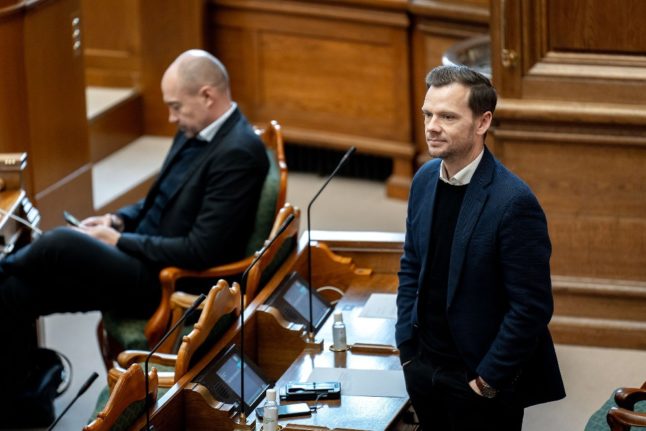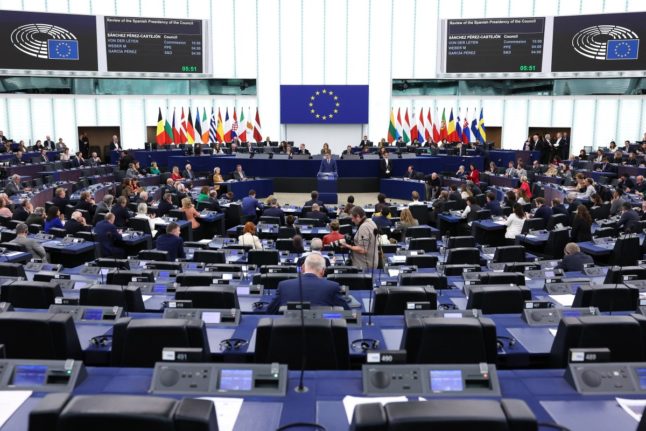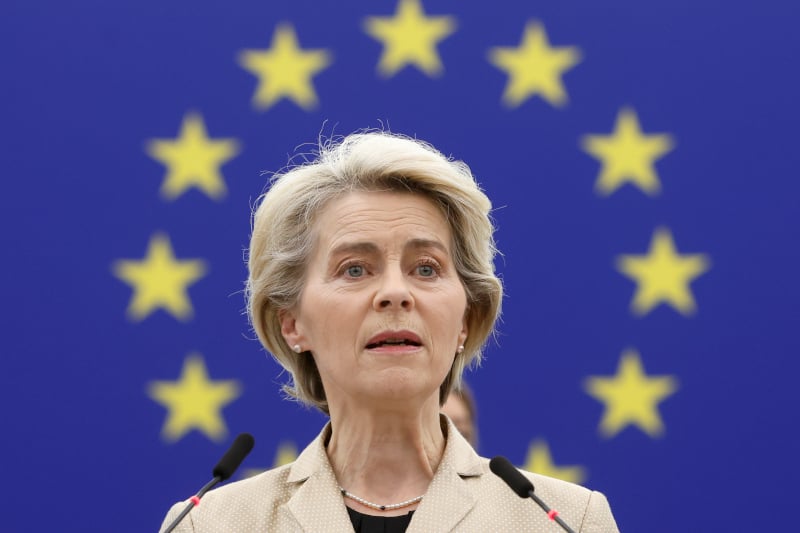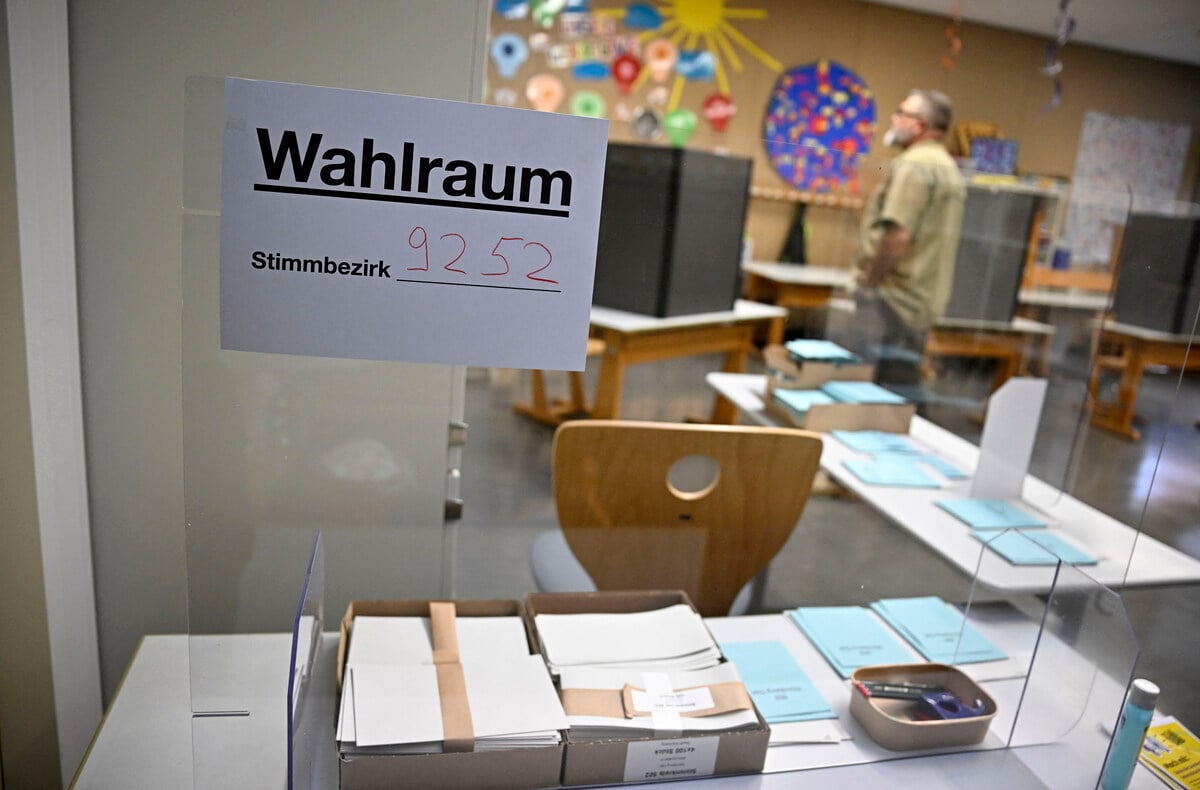The government said it voted against its own proposal to provide emergency financial relief for low income families because it is currently fulfilling a caretaker function while talks to form a new government are ongoing.
The bill was originally tabled before the election, when the government was still actively passing legislation.
Because of the bill’s likely failure, acting employment minister Peter Hummelgaard said that the current temporary subsidy for vulnerable families was not guaranteed to continue into the new year, broadcaster DR reports.
Originally proposed in the summer, when Hummelgaard said it would help families “here and now”, it was not backed by the Social Democratic government at its first reading on Tuesday.
The party said it would not vote for any new legislation because it stepped down following the election on November 1st.
Social Democratic leader and acting Prime Minister Mette Frederiksen is currently leading talks with other parties to form a new government after a slim victory in the election.
“There’s set precedence that you do not pass new legislation when there isn’t a government and we are therefore awaiting a new government to be formed so that we can follow up of political agreements that were made before the last election and legislate what can be agreed upon,” Hummelgaard said.
Extension of the existing subsidy arrangement required a change to the law, and the government tabled a bill in October. But all outstanding bills lapsed when the election called.
After children’s charities called for action amid protracted negotiations to form a new government, the left wing Red Green Alliance (Enhedslisten) party re-tabled the bill.
The party’s parliamentary group leader Peder Hvelplund aimed sharp criticism at Hummelgaard and the Social Democrats after Tuesday’s debate.
“I think this is disappointing and completely incomprehensible. An agreement was made which had a parliamentary majority before the election. That majority remains after the election,” Hvelplund said in reference to the one-seat majority won by left-wing or ‘red bloc’ parties at the election.
Red Green Alliance lead political spokesperson Mai Villadsen said “poor families have been massively failed” by the decision, while another member of the party’s parliamentary group, Pelle Dragsted, tweeted that “an agreement is apparently not an agreement with the Social Democrats”.
The subsidy expires on January 1st 2023 but families will continue to receive payments until February, DR writes.





 Please whitelist us to continue reading.
Please whitelist us to continue reading.
Member comments